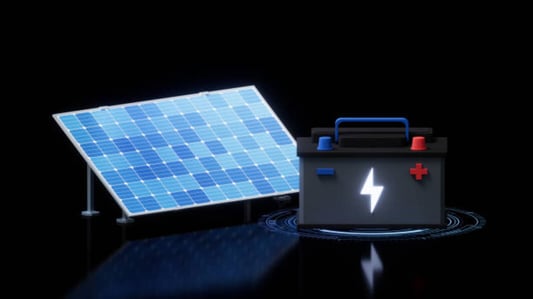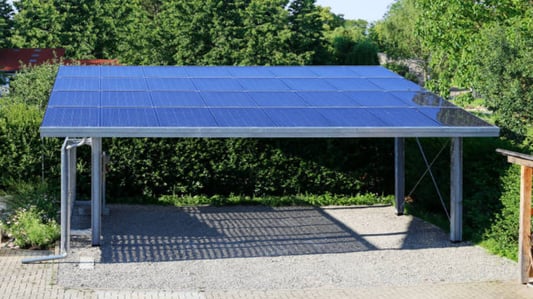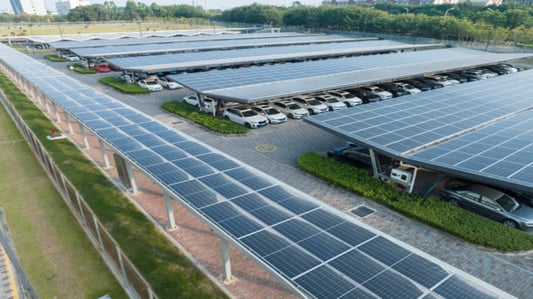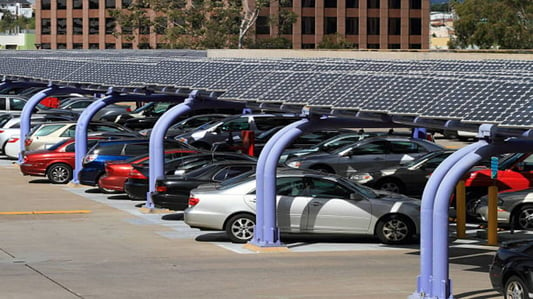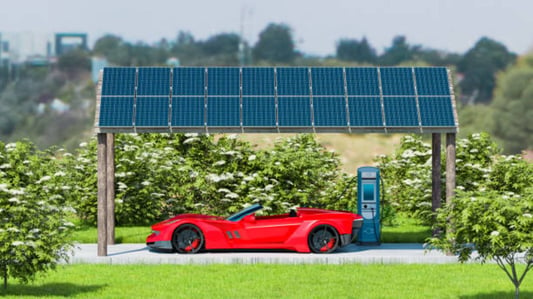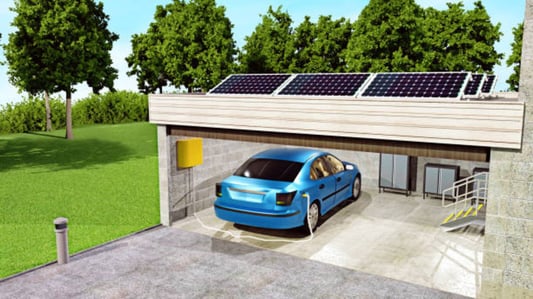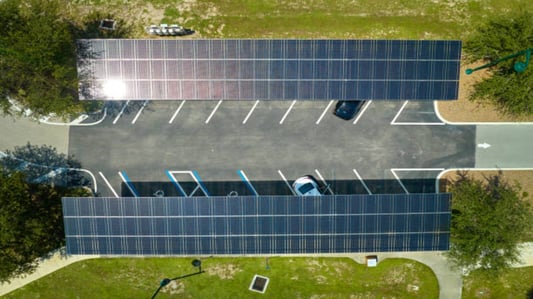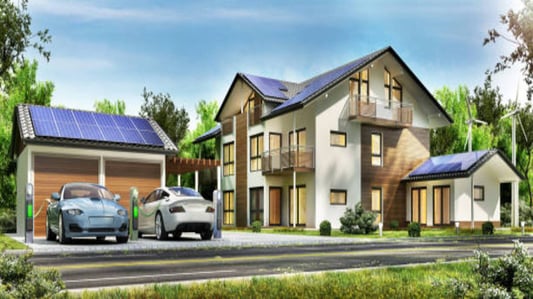Cost-EffectivenessChoosing an OEM lithium-ion energy storage system manufacturer for renewable energy solutions can be a cost-effective option. These manufacturers often have established relationships with suppliers, allowing them to purchase materials at a lower cost. Additionally, they have the expertise to design and produce energy storage systems that are highly efficient, which can lead to long-term cost savings for consumers.Customization OptionsOne of the key benefits of working with an OEM lithium-ion energy storage system manufacturer is the ability to customize the energy storage system to meet specific needs. Whether it's adjusting the capacity, voltage, or form factor, these manufacturers can tailor the system to fit the requirements of a particular renewable energy project.Quality AssuranceOEM lithium-ion energy storage system manufacturers adhere to strict quality control processes to ensure that their products meet industry standards. By working with a reputable manufacturer, consumers can have peace of mind knowing that they are investing in a high-quality and reliable energy storage system for their renewable energy projects.Technical ExpertiseOEM lithium-ion energy storage system manufacturers have a team of experienced engineers and technicians who are knowledgeable about the latest advancements in energy storage technology. This technical expertise allows them to design and develop cutting-edge solutions that are optimized for renewable energy applications.ScalabilityAnother advantage of choosing an OEM lithium-ion energy storage system manufacturer is the scalability of their products. Whether a project requires a small-scale energy storage system for residential use or a large-scale system for commercial applications, these manufacturers can provide solutions that can easily be scaled up or down based on specific needs.Integration with Renewable Energy SourcesOEM lithium-ion energy storage system manufacturers have the expertise to integrate their products with various renewable energy sources, such as solar panels or wind turbines. This seamless integration allows for optimal energy capture and storage, maximizing the efficiency of the entire renewable energy system.Reliability and DurabilityReliability and durability are crucial factors to consider when investing in an energy storage system for renewable energy. OEM lithium-ion energy storage system manufacturers prioritize the durability of their products, ensuring that they can withstand harsh environmental conditions and provide consistent performance over the long term.Regulatory ComplianceAnother benefit of choosing an OEM lithium-ion energy storage system manufacturer is their commitment to regulatory compliance. These manufacturers stay up-to-date with industry regulations and standards to ensure that their products meet all necessary requirements, giving consumers confidence in the legality and safety of their energy storage systems.Customer Support and ServiceOEM lithium-ion energy storage system manufacturers typically offer excellent customer support and service to assist consumers with installation, maintenance, and troubleshooting. This level of support can be invaluable to consumers who may face technical challenges or have questions about their energy storage systems.Environmental SustainabilityLastly, OEM lithium-ion energy storage system manufacturers are committed to environmental sustainability and reducing the carbon footprint of renewable energy systems. By choosing a manufacturer that prioritizes sustainability, consumers can contribute to a more eco-friendly future while benefiting from efficient and reliable energy storage solutions.Quote InquiryContact us!



